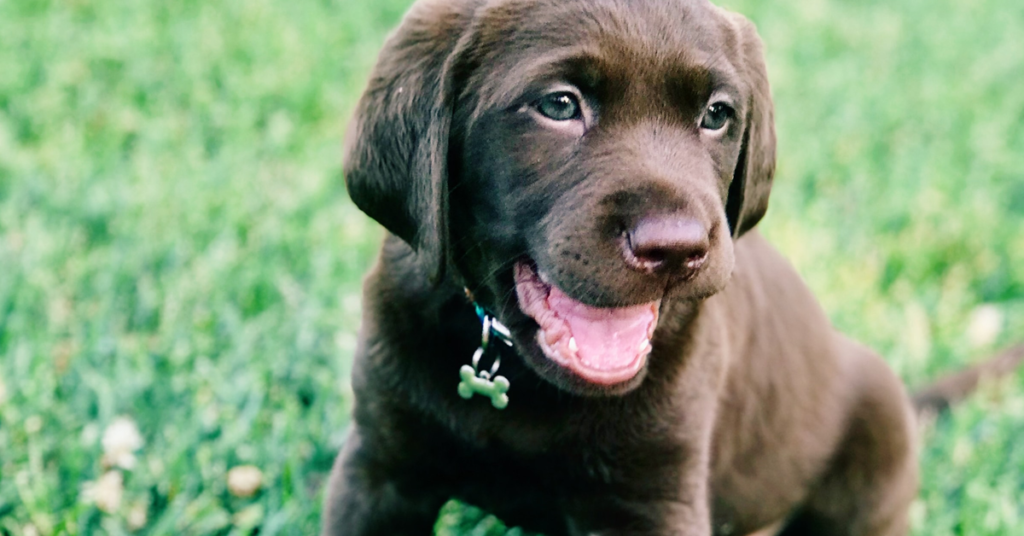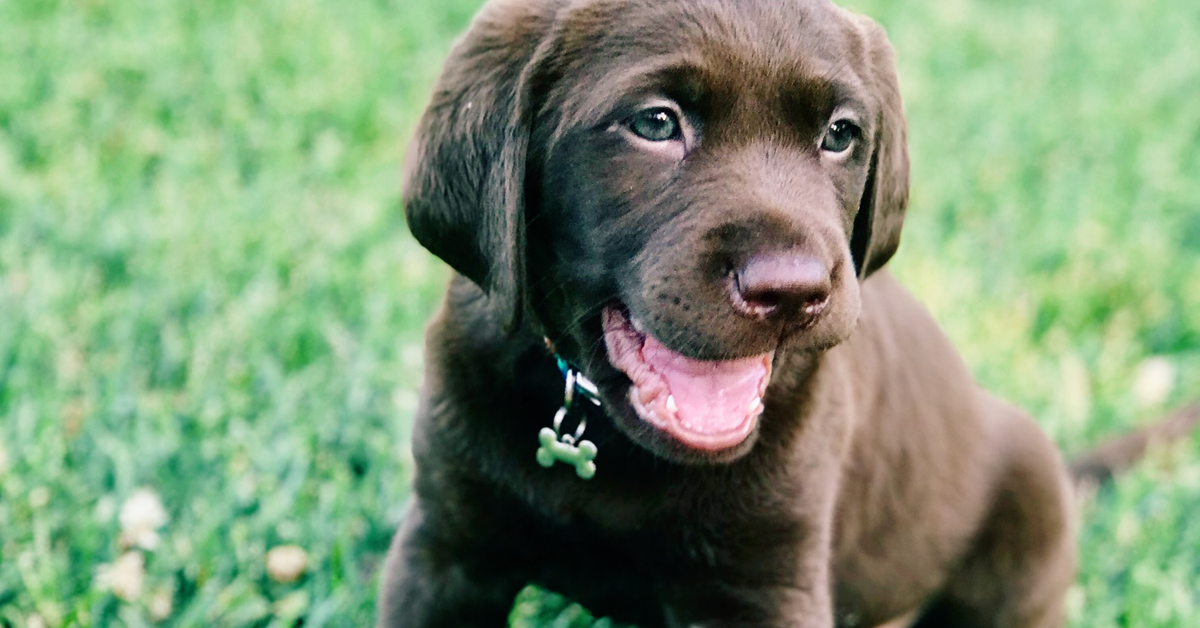There’s a lot to think about with a new puppy. Housetraining them, socialising them, training goals and feeding needs – they’re all up there, but have you ever thought about those growing puppy teeth?
During the first few months, your puppy’s baby teeth fall out and adult teeth grow in their place. Just like babies, the teething process can be an uncomfortable time for your puppy. So in an effort to soothe their sore gums, they love to chew – anything and everything.
To save your skirting boards and favourite shoes from those cute but needle-sharp gnashers, here’s what to expect – and our top tips on how you can help them negotiate teething time.
When do puppies lose their teeth?
Puppies start losing their baby teeth at around 3-4 months old. Then at 6 months, usually all your puppy’s baby teeth will fall out. The premolars are often the last ones to go.
Your puppy’s baby teeth are so tiny you may not even notice them falling out. Some puppies swallow their baby teeth while playing or eating. Don’t worry though, it won’t do them any harm. You may also notice a little blood in the mouth, and that’s actually perfectly normal too.
When do puppies stop teething?
Teething begins at around 2 weeks of age as their first baby teeth start to grow. Teething usually stops at around 8 months, when all their permanent adult teeth have come in.
The only thing you need to do during this stage is help ease your puppy’s discomfort. Don’t try to wiggle or pull on any loose teeth – you could cause more harm than good. Let their teeth fall out naturally, and remember to check your puppy’s mouth regularly.
If you notice any ‘retained’ baby teeth, speak with your vet. Sometimes baby teeth can hang on as a permanent tooth grows in the same place. This can cause problems in later life as any retained baby teeth may need to be removed by a professional.
Puppy teething care

Here are three things you can do to make the teething process a breeze for both you and your pup.
· Provide special teething chews – to soothe those sore gums.
· Give your puppy plenty to do – it’ll keep them out of teething trouble – puppies love exploring, playing and socialising.
· Provide mental stimulation – puppies growing brains love puzzle toys and brain games. These not only keep them occupied, but it’ll wear them out ready for a nice puppy nap.
Best puppy teething toys
Look for teething toys that are soft and flexible. If you can’t bend or flex the toy, it’s too hard to give to your puppy. If you give them anything too hard it could fracture your puppy’s growing teeth. Until their adult teeth set in, avoid chews like bones, antlers or buffalo horns. A broken tooth can be painful for your puppy (and may need to be removed under anaesthesia).
To be safe, give your puppy these toys:
· Rope toys
· Plush toys
· Rubber toys
You can also buy puppy teething rings and even puppy pacifiers! Many of these have nubs that are great for massaging sore gums. Our Dental Dailies help older pups keep growing teeth healthy and clean. Because they’re star-shaped and made with pumice, they help reduce plaque and tartar build up – and bad breath.
Related blog: What to do if your puppy is biting or chewing


3 thoughts on “Puppy teething – everything you need to know”